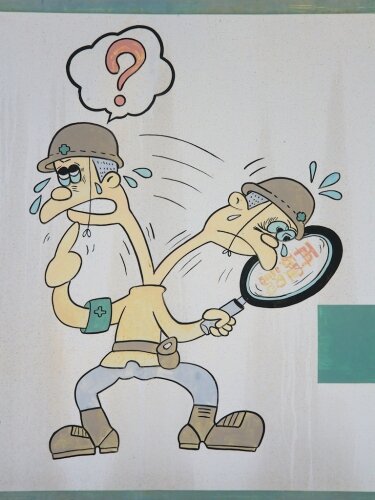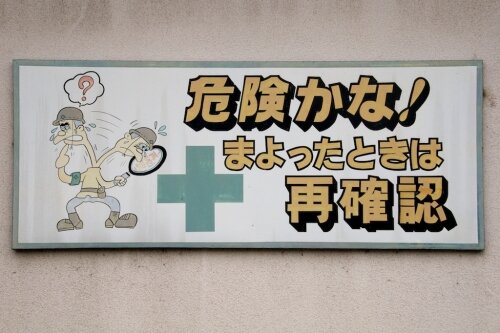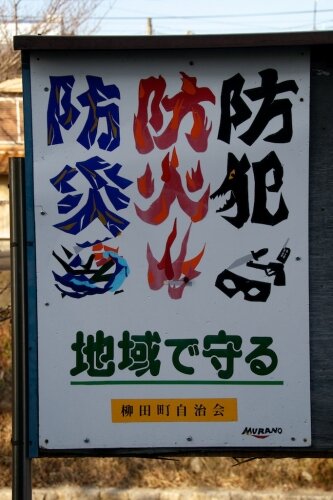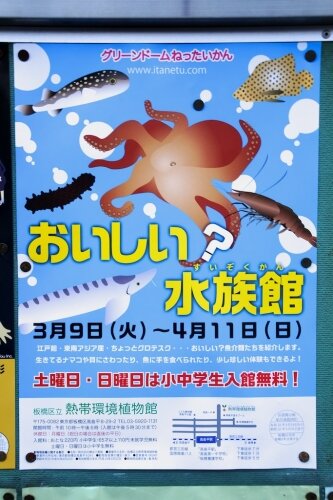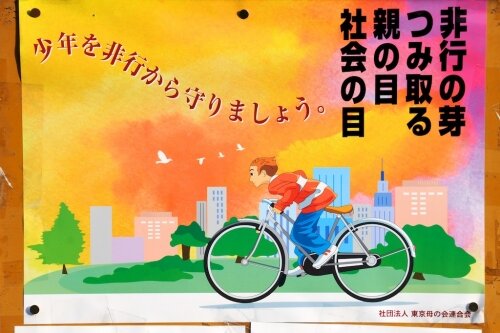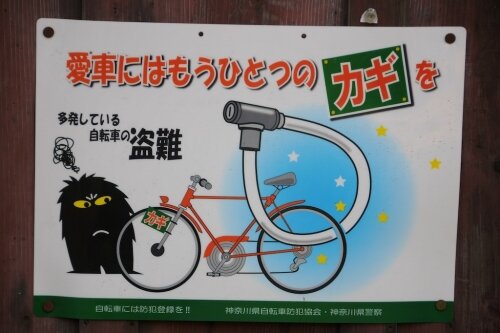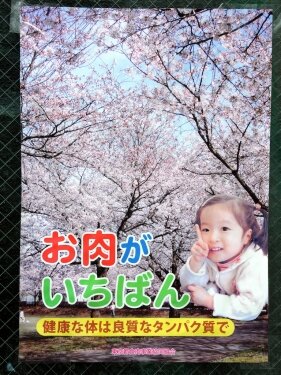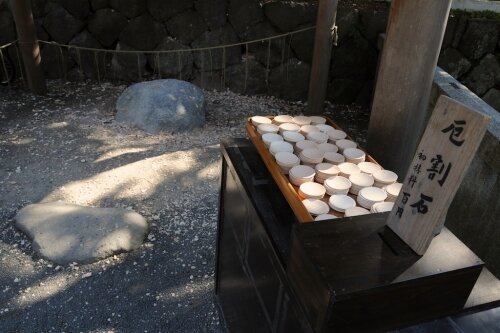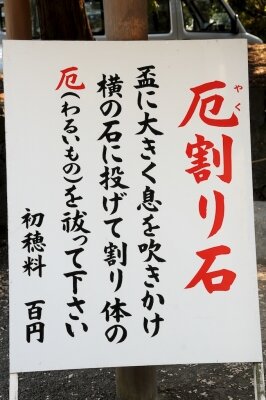Smashing small pottery pieces in Japan is believed to keep off bad luck. Depending on a place, we might throw the pottery from a cliff, try to throw it through some hole or gate, or just smash it on a stone.
We also might write our fears before throwing, whisper, or just blow our fears into a small clay cup before throwing it.
|
|
厄割り石
盃に大きく息を吹きかけ
横の石に投げて割り体の
厄(わるいもの)を祓って下さい
初穂料 百円
Stone for smashing bad luck
Take a deep breath and exhale into the sake cup
then by throwing it into the stone on the side
cleanse all the bad things by smashing the cup.
Offering price: 100 yen
|
There are a few words for “offering” in Japanese. The most common is 奉納(ほうのう) written on torii gates, lanterns, sculptures in all shrines and temples, but also 初穂(はつほ) first ears of rice or crops or harvest of the season and offering (to the gods)
Clearly seems as the first harvested rice has been offered to deities, other words for an offering, commonly seen in shrines and temples is 奉納 and when buying amulets or other devotional objects, one usually hears “おおさめになります” which is polite way of saying how much a bill tots up to.
